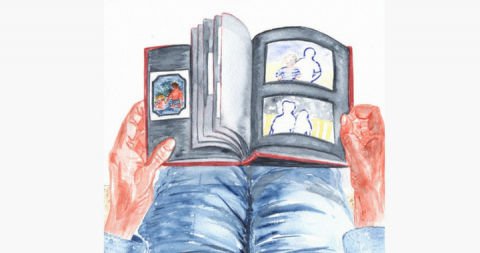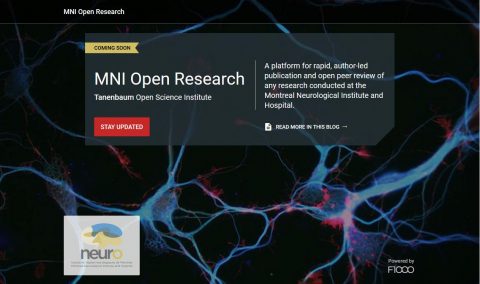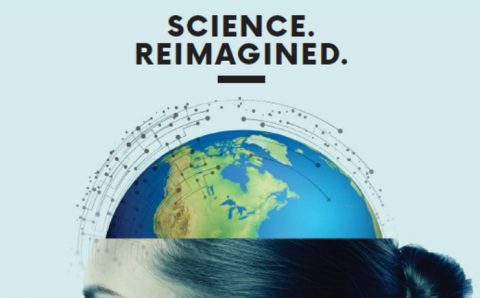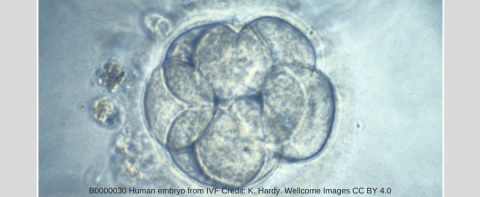While there is, as of yet, no cure for Alzheimer’s disease, there are interventions and drugs that can help slow the progression of the disease or treat the symptoms. While the search for a cure continues so does research into how to identity the disease and slow down the decline of people with the condition. For Alzheimer’s Awareness Day, we share a few of the latest recommended articles of the potential tools and techniques that can help improve our cognitive function and aid with early detection.
Chao Zhang was an author on a recent F1000Research that article looked into the options available to researchers for reusing data gathered from patients during clinical research. He outlines the several stages that are needed for these data to be accessed and reused.
Given the rising public health threat of superbugs, we share the top recommended articles on antimicrobial resistance, as well as highlight the top recommended articles and Hidden Jewels articles for last month.
Subburaman Mohan is August’s featured Faculty Member of the Month. A Senior Research Career Scientist at the Veterans Administration (VA), currently the Director of the Musculoskeletal Disease Center at the VA Loma Linda Healthcare Systems. This summer he received the Louis V. Avioli Founders Award, adding to his collection of professional awards.
We announce our partnership with the Montreal Neurological Institute and Hospital to launch MNI Open Research. Our Managing Director, Rebecca Lawrence, discusses how this open research platform will support their journey to become an open science institute
The Director of the Montreal Neurological Institute and Hospital, Guy Rouleau, talks about how launching the publication platform MNI Open Research will support their plans of becoming an open science institute.
We highlight the top F1000Prime recommendations each month. For July, we take a botanical twist with our highlights in honour of a 140 million year old bloom, as well as highlight the top recommended and Hidden Jewels articles for last month
For World Hepatitis Day, F1000 Prime Faculty Member Ralf Bartenschlager, a molecular and cell biologist heading a virology research team at Heidelberg University and the German Cancer Research Center, discusses the most urgent needs to meet global viral hepatitis targets.
There are many questions that have been answered in science, but what happens when you go back and re-examine the evidence? Gavin Jarvis gives us insight into his quest to explore the evidence about embryo mortality and why F1000Research was the perfect place to publish his results.
Science is often a long-term endeavour, with research being conducted over months or years, but scientific hackathons turn this notion on its head by bringing participants together to come up with solutions for scientific problems in just three days. Lisa Federer, from the National Institutes of Health, talks about the creative and collaborative nature of hackathons and the opportunities to get involved.














